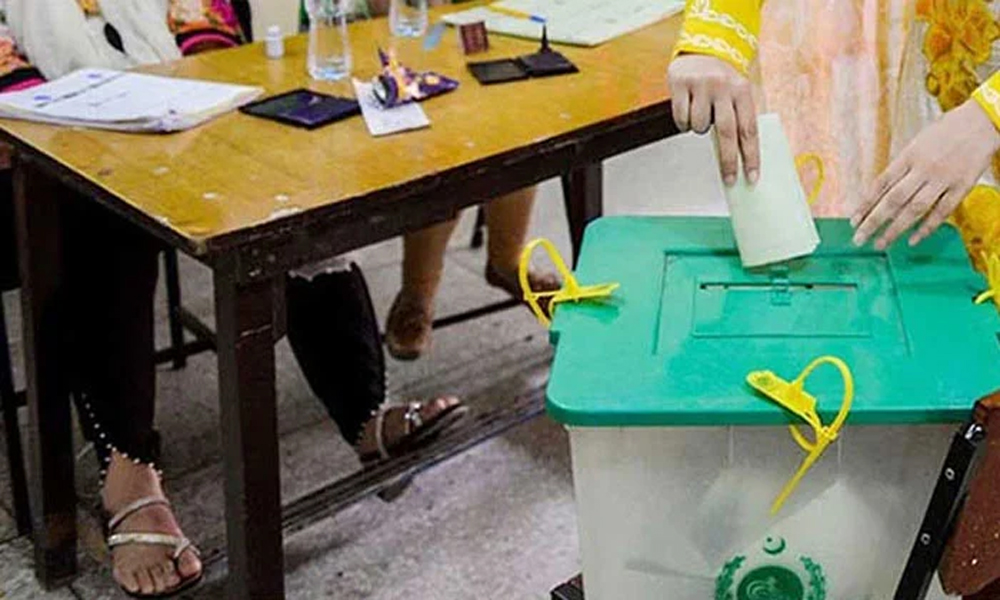
Artificial Intelligence (AI) presents both astounding opportunities and significant challenges. New developments, from generative AI to biometric authentication initiatives like Worldcoin, are reshaping societal structures and prompting us to reconsider the boundaries of innovation and accountability. Generative AI, in particular, has the potential to increase efficiency and creativity and revolutionize industries.
Companies such as OpenAI, Microsoft and Adobe are providing tools to enable effective content generation. For example, Adobe's integration of AI into its video editing software shows how the technology can reduce manual workloads and promote creative freedom. However, these advances come with various challenges.
"Yuval Noah Harari, author of Sapiens, warns that AI operates at a pace that is in stark contrast to human biological rhythms, risking social tensions. The integration of AI technology could exacerbate social divides, job displacement and power imbalances - critical issues. There are significant ethical dilemmas associated with the development of AI.
The blurring of boundaries between reality and artificial intelligence makes it difficult for individuals to distinguish between real and artificial constructs. As AI-generated media becomes indistinguishable from real content, concerns about misinformation and digital disillusionment increase, threatening the integrity of interactions in democratic societies. In the age of AI, digital identity faces paradoxical challenges.
As deepfakes challenge our perceptions of authenticity, innovative solutions like Worldcoin aim to reinforce the concept of 'real' identity. By building a biometric-based identity verification network, Worldcoin seeks to distinguish between AI-generated personas and real human identities. However, the existence of such networks complicates the verification of one's humanity.
This means that international cooperation is needed to enhance AI autonomy and to advocate for organizations that can monitor, evaluate and guide AI trajectories while balancing innovation and societal welfare. Holding AI developers legally accountable is emerging as a plausible strategy to prevent abuse and preserve the authenticity of digital interactions. The future shaped by AI requires a rethinking of education and technological development.
Emphasizing adaptability, creativity and emotional intelligence is essential for success in rapidly changing environments. A commitment to collaborative regulation, continuous learning and ethical innovation is essential to navigate the complexities of AI. This challenge goes beyond mere technological obstacles; it is a deeply human endeavor that requires the safeguarding of ethical principles and shared human values.
.














